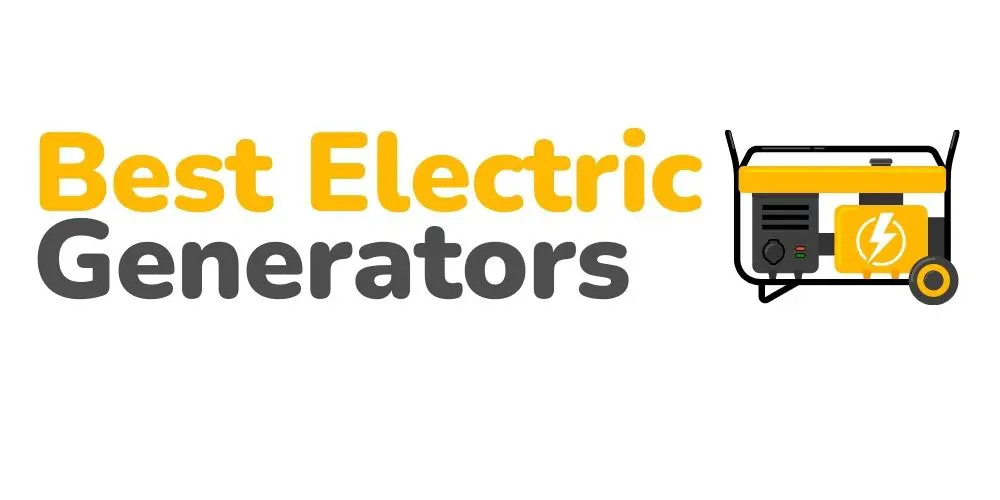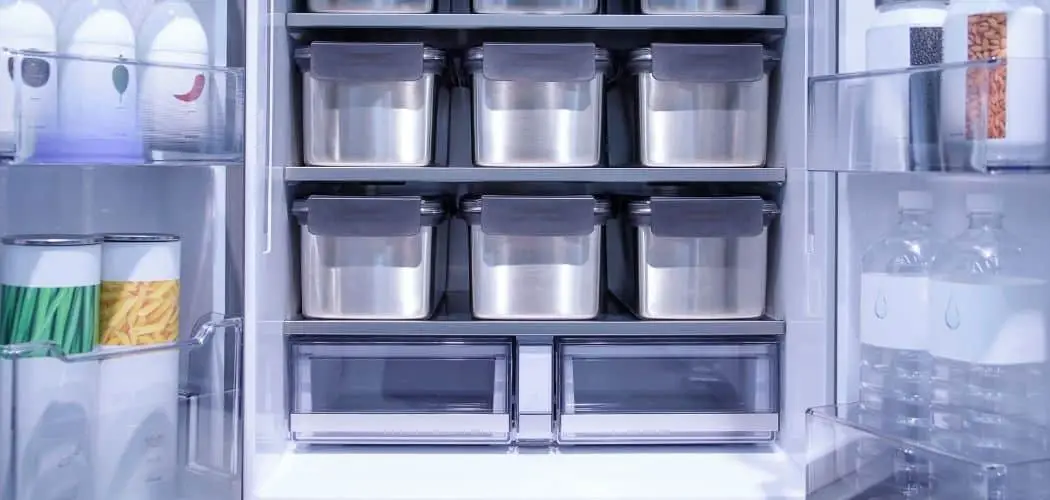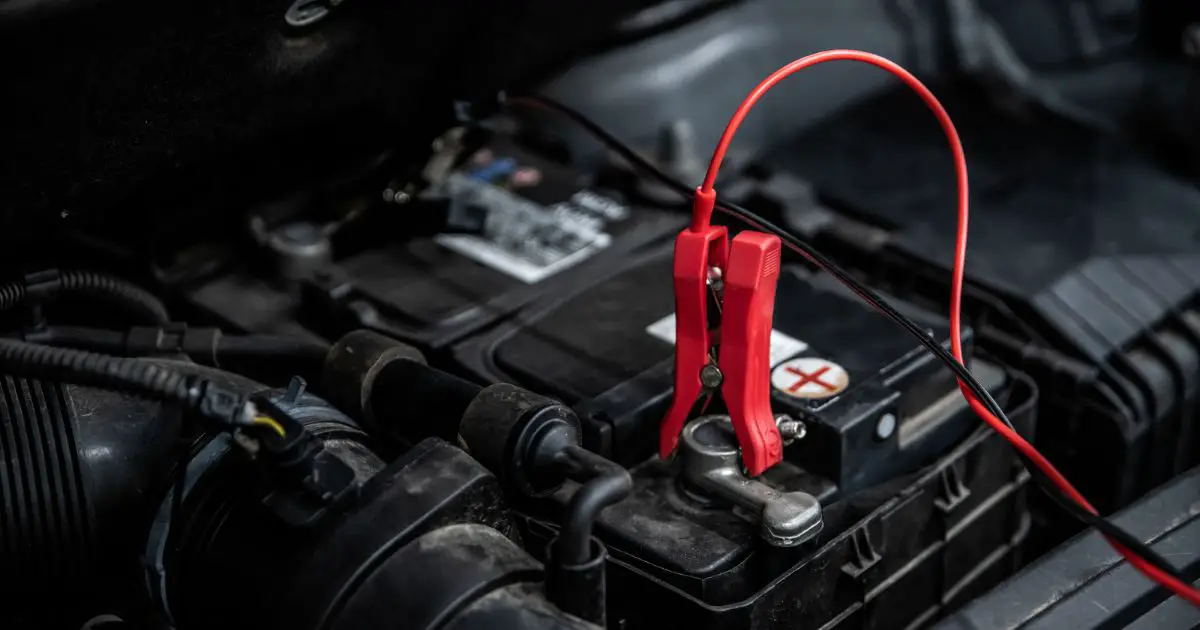A typical freezer or refrigerator consumes anything between 800-1000 watts. It means a generator with 2000 starting watts will be sufficient to run both appliances.
Generators are essential backups at the time of power breakouts. They are the source of running appliances at home, including refrigerators, freezers, TV, and more. Are you wondering what size generator you need to run a fridge and freezer?
Sizing The Generator For Your Refrigerator:
Firstly, you need to find out the power of your freezer or refrigerator. The power requirement for each household appliance varies from one model to another. The older appliances are usually made to consume double energy.
Whereas the newer models on the market are energy-efficient. Refrigerators and freezers typically come with stickers within the door where the power requirements are mentioned.
Look for the number of amperes you need for running an appliance. For instance, a refrigerator consumes seven amps with a standard 120-volt wall outlet. You have to multiply both values and get the calculated watts.
However, you might need extra power to start the compressor when you switch on the freezer and refrigerator. In such cases, the power requirement or running watts is 2-3 times higher than the average value.
This indicates the average generator for running the refrigerator and freezer is around 1560 watts.
Determining the Generator Type:
The next thing you need to know about using the generator is the generator type. The fuel types required for generators include natural gas, gasoline, propane, battery, or diesel.
To find out a suitable generator, consider the equipment you will power with it. Make sure you seek a generator with permanent or temporary installation. You need to ensure whether you’ll use it outdoors or indoors.
Gasoline:
Gasoline generators are easy to use and famous when we talk about portable generators. You might face extra noise with such generators. Inverter generators are also available on the market, regulating engine speed. If the load is less, the generators will lead to less noise.


